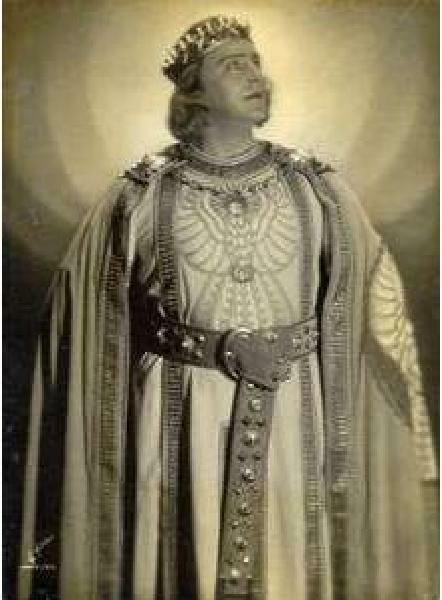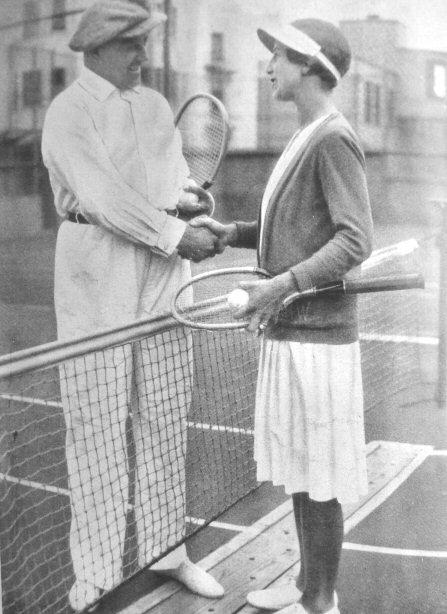|
Discography
Parlophon, Berlin, 14 September 1927
20338 Die Walküre (Wagner): Was gleißt dort hell P-9809-II, O-7811
20339-2 Siegfried (Wagner): Der dumme Knab' P-9164-I, O-7802
with Pfahl-Wallerstein
20340-2 Siegfried (Wagner): Wie sah mein Vater wohl aus P-9164-II, O-7802
Parlophon, Berlin, 20 September 1927
29347 Parsifal (Wagner): Vom Bade kehrt der König heim P-9155-I, O-7642
with Andrésen
Parlophon, Berlin, 9 January 1928
20337-2 Die Walküre (Wagner): Ein Schwert verhieß mir P-9809-I, O-7811
20345-2 Parsifal (Wagner): Nur eine Waffe taugt P-9817-I, O-7679
20346-2 Parsifal (Wagner): Amfortas! Die Wunde! P-9817-II, O-7679
20557 Tiefland (d'Albert): Schau her, das ist ein Taler P-9228-II, O-7818
20559 Siegfried (Wagner): Nothung, Nothung P-9828-I, O-6964
20560 Siegfried (Wagner): Schniede, mein Hammer P-9828-II, O-6964
Grammophon, Berlin, October 1928
CLR4598-2 Parsifal (Wagner): Heil mir, dass ich dich wieder finde 2-044043, D1538, AB431, EJ374, ES562
with Hofmann
CLR4600-2 Parsifal (Wagner): Niemand kommt uns Botschaft mehr 2-044044, D1539, AB432, EJ375, ES563
with Hofmann
CLR4601-1 Parsifal (Wagner): Mir ahnt, ein hohes Werk 2-044045, D1539, AB432, EJ375, ES563
with Hofmann
CLR4602-2 Parsifal (Wagner): Gesegnet sei, du Reiner 2-044046, D1540, AB433, EJ376, ES564
with Hofmann
CLR4603-1 Parsifal (Wagner): Wie dünkt mich doch die Aue 2-044047, D1540, AB433, EJ376, ES564
with Hofmann
CLR4611-1 Parsifal (Wagner): Ich sah sie welken 2-044048, D1541, AB434, EJ377, ES565
with Hofmann
CLR4613-1 Parsifal (Wagner): Wer hat ihn gefällt 2-042064, D1542, AR435, EJ378, ES566
with Hofmann
CLR4615-1 Parsifal (Wagner): Enthüllet den Gral 2-044049, D1543, AB436, EJ379, ES567
with Brongeest
CLR4616-1 Parsifal (Wagner): Oh, welchen Wunders 2-042066, D1544, AB437, EJ380, ES568
Parlophon, Berlin, 16 June 1930
21728 Die Walküre (Wagner): Siegmund! Sieh auf mich! P-9540-I, O-7581
with Bäumer
21729 Die Walküre (Wagner): So grüße mir Walhall P-9540-II, O-7581
with Bäumer
21730 Die Walküre (Wagner): Wo wäre der Held P-9541-I, O-7582
with Bäumer
21731 Die Walküre (Wagner): Ich sehe die Not P-9541-II, O-7581
with Bäumer
Reference: Gesellschaft für historische Tonträger, Wien
|

